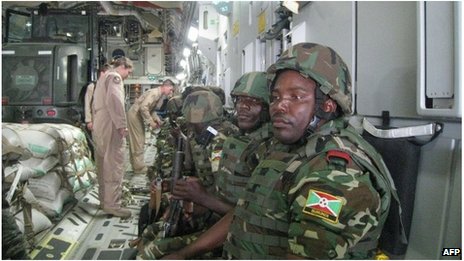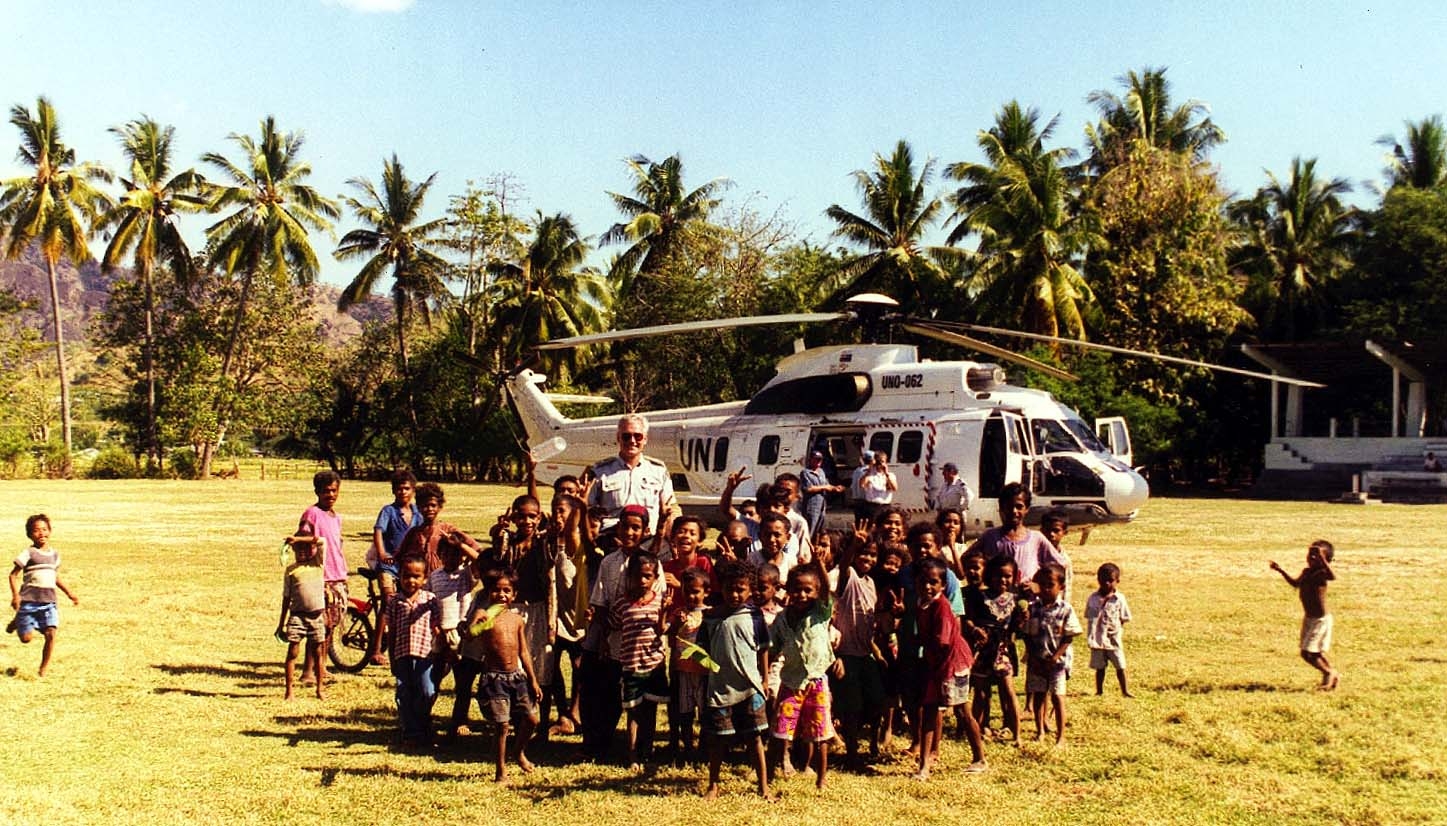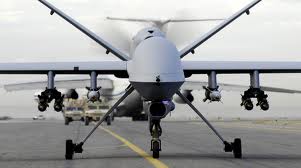On Thursday December 5th, the UN Security Council announced its unanimous approval to deploy African and French troops to the war-stricken Central African Republic. This came after the French sponsored a UN resolution that mandates the use of force for one year in order to protect civilians and restore security and order. Violence has raged in the country ever since a coalition of rebels ousted President Francoise Bozize in March, which has been the most recent coup since the country gained independence from France in 1960. The violence exacerbated as Christian vigilante groups formed to battle Seleka, the predominantly Muslim group that ousted the President. The unification of these militia groups along sectarian lines has worsened their extremism. Moreover, they have taken advantage of the country’s current state of lawlessness and stoked animosities, according to Samantha Power, the current US Ambassador to the UN.
Hopefully the presence of troops will be effective in creating some semblance of peace, which the country is in dire need of. Its situation is precarious: the country has been in a perpetual state of instability for over 50 years, warlords are terrorizing the countryside, the government is incredibly ineffectual, and the collapse of state institutions has forced 400,000 people to flee their homes and has left 1 million dependant on aid. Some are even surmising that the CAR’s current situation could spiral out of control into one reminiscent of Rwanda.
Diplomacy has proven ineffective in remedying the problem; a peace process was hosted in Gabon in January but many militia leaders abandoned it, choosing to combine their forces to launch a military campaign. With any luck, the deployment of on-the-ground troops will act as a successful means of pressuring the militias to end their violent activity.




